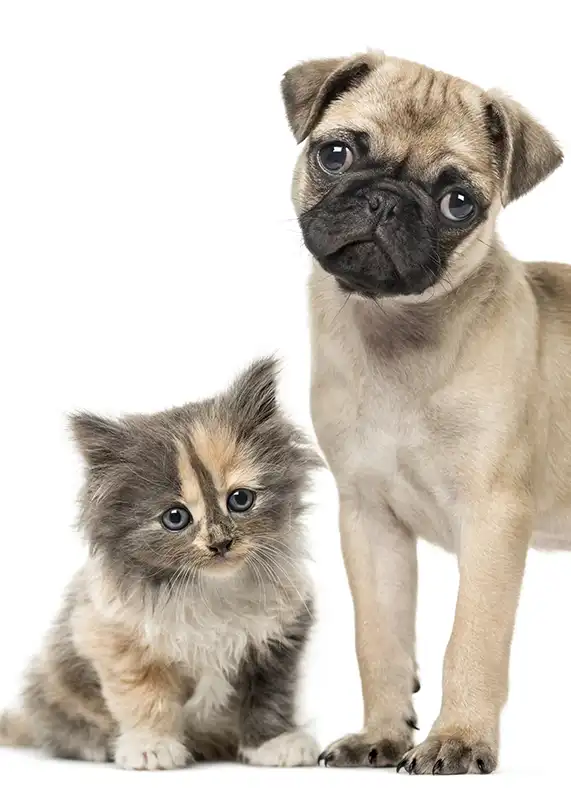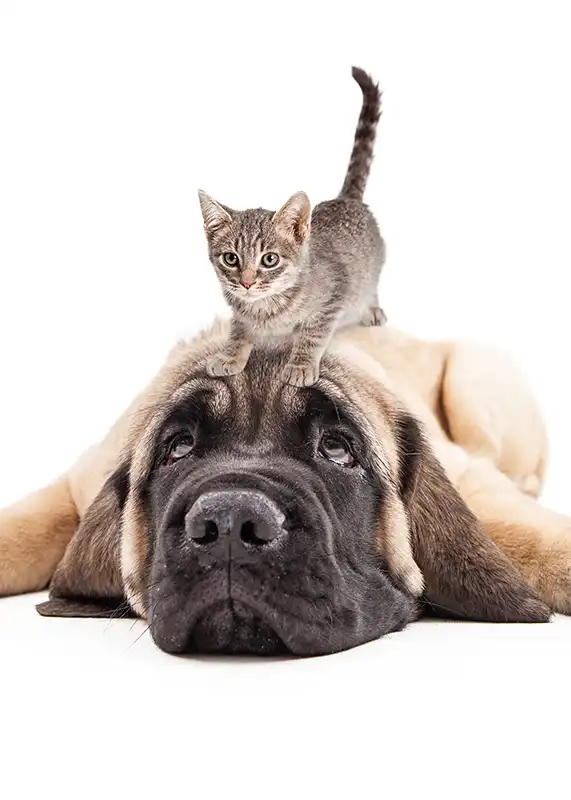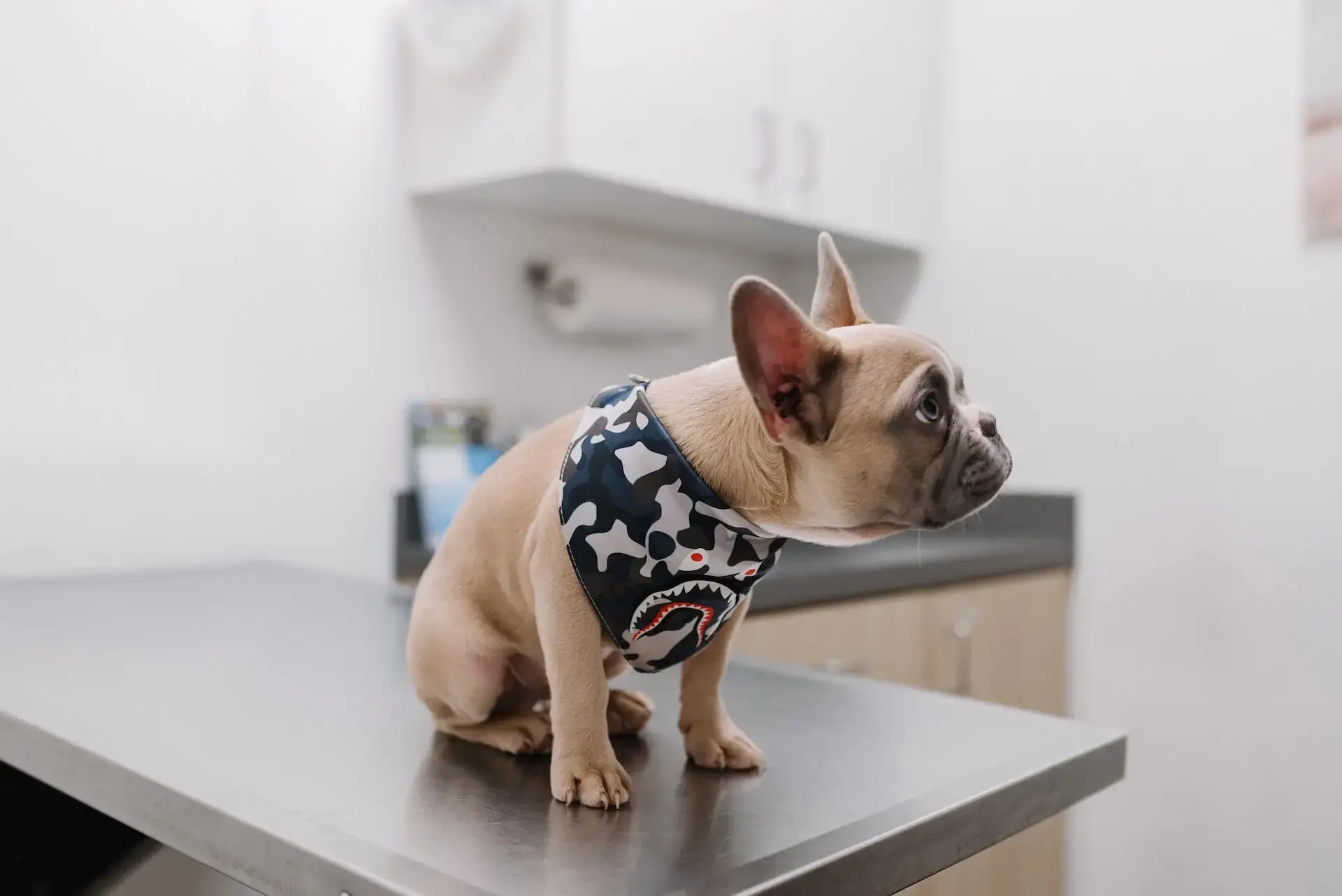National Animal Poison Prevention Week kicks off this year on March 17th, urging pet owners to be extra vigilant. It’s an annual reminder of the risks pets face from common household items. Poisonings often lead to hurried trips to the vet, but a local Ardmore, OK vet offers valuable tips to prevent such emergencies in this informative article.
How Many Pets Face Poisoning Annually?
The statistics are rather alarming. Annually, more than 401,500 cases of pet poisoning are documented in the United States.
What Foods Can Harm Pets?
Popular human foods can be harmful to our furry friends, including those listed below.
- Grapes
- Caffeine
- Junk Food
- Many nuts, such as macadamia nuts
- Anything That Contains Xylitol (Birch Sugar)
- Raisins
- Onions
- Chives
- Alcohol
- Currants
- Scallions
- Chocolate
- Garlic
Consult your veterinarian for additional insights on this topic.
What Household Objects Can Be Harmful to Dogs and Cats Due to Toxicity?
You might find it shocking just how many ordinary household items can prove lethal to your furry companion.
Cleaning Agents: It’s wise to presume that nearly all household cleaning products present a danger of poisoning to pets. This encompasses products like bleach, disinfectants, furniture polish, detergents, drain cleaners, and mold removers.
Automotive Products: Among the dangers, antifreeze ranks as one of the most hazardous for pets. Some varieties even boast flavors that attract animals. Opting for a pet-safe option is essential, although it doesn’t eliminate all risks. Gasoline, oils, paints, cleaners, and wiper fluids also pose significant threats. Ensure pets steer clear of chemical zones and promptly clean any antifreeze or chemical spills.
Lawn/Garden Products: These situations are worrying because pets can ingest them with ease. Slug bait or snail bait is highly lethal to dogs because it contains Metaldehyde, which is commonly found in various brands.
All fertilizers, fungicides, weed killers, and herbicides carry risks. Pets can pick up these chemicals on their fur simply by walking through treated areas.
What Plants Can Be Harmful to Pets?
Plants are often a tempting snack for many furry friends. That can be adorable, but it’s also quite risky. We’ll focus on some of the most common toxic plants since the full list is quite extensive. Cats should avoid lilies as they can be harmful to them. Even small doses can be fatal to cats. Even a small nibble of a leaf or a sip of water can make Fluffy sick. When it comes to Fido, it’s important to be aware of the potential dangers of Sago palms.
Here’s a list of some toxic ones:
- Birds of Paradise
- Dieffenbachia
- Holly
- Tulips
- Peonies
- Cyclamen
- Amaryllis
- Oleander
- Foxglove
- Irises
- Hyacinth
- Azalea
- Rhododendron
- Widow’s-thrill
- Chrysanthemum
- Daffodils
- Hydrangea
- Aloë
- Ivy
- Lily of the Valley
- Common daisy
- Lilies
- Crocus
- Sago palm
Typically, anything with a bulb is considered unsafe for pets. This includes tulips, daffodils, onions, and garlic. For more information on safe and unsafe plants, visit the ASPCA website.
It’s important to note that non-toxic plants can also be hazardous. Take roses, for instance, which have sharp thorns that may cause serious internal injuries if swallowed. Be sure to seek advice from your Ardmore, OK vet if you have any concerns.
What Common Household Items Can Harm Pets?
Furthermore, here are some additional ones:
Pesticides: Bug spray, rodenticides, and mouse or rat bait—any substance engineered to eliminate pests—poses a significant danger to your furry companion. Numerous rodenticides contain warfarin, an anticoagulant that can result in severe and potentially fatal internal bleeding.
Also listed are flea and tick medications, which are safe when used as directed. However, administering a double dose or using an incorrect dosage could potentially poison your pet.
Medication: We highly advise keeping medications well out of your pet’s reach. Some of the most perilous include aspirin, acetaminophen, and Non-Steroidal Anti-Inflammatory drugs (NSAIDs) such as ibuprofen. Ensure both over-the-counter and prescription medications are stored safely away from Fido and Fluffy.
Do Salt Lamps Present a Danger to Pets?
Indeed, they can be! Certain pets find the taste of salt irresistible. Fluffy and Fido may develop a habit of licking the lamp excessively, putting them at risk of salt poisoning. Nevertheless, this doesn’t mean you can’t enjoy a salt lamp; just ensure it’s placed out of your pets’ reach.
Do the Same Poisons Affect Both Dogs and Cats?
In a way, yes and no. Primarily, both cats and dogs share susceptibility to similar toxic substances. Nevertheless, Fido and Fluffy demonstrate contrasting instincts and behaviors. Cats, in particular, might encounter greater sickness risks from substances spilling on or touching their fur. Fluffy’s sensitive skin and grooming habits make her susceptible to toxins. Merely walking through pesticide-treated areas can make cats ill as they ingest toxins while grooming. This risk applies to dogs as well; Fido may also ingest dangerous substances by licking his paws.
Another distinction? Dogs have a knack for eating or chewing on just about anything. While some canines outgrow this habit after teething, others remain enthusiastic chewers well into their adult years.
How Can You Recognize Poisoning Symptoms in Pets?
The symptoms may differ based on the poison type and quantity consumed. However, there are some common signs to be mindful of. These include:
- Irregular Heartbeat
- Wobbling/Lurching Gait
- Collapse
- Coughing
- Coma
- Lethargy
- Fever
- Internal Bleeding
- Weakness
- Respiratory Issues
- Drooling
- Diarrhea
- Seizure
- Shock
- Twitching
- Vomiting
- Excessive Thirst
- Abdominal pain
- Excessive Urination
When feeling unwell, cats often withdraw, while dogs may exhibit signs of sadness. Unusual behaviors, such as grumpiness or clinginess, may also occur.
Bear in mind, that these symptoms could indicate diverse issues. Reach out to your Ardmore, OK vet immediately if you detect any abnormalities.
Can Pets Safely Use Essential Oils?
Aromatherapy is often incorporated into health and wellness practices by many. Pets can also find it beneficial, but caution is crucial. The concentrated nature of these oils can be hazardous. Cats, especially, are vulnerable due to their heightened sensitivity to chemicals.
Here are some of the dangerous ones:
- Peppermint
- Citrus Oils
- Cinnamon
- Pine
- Ylang Ylang
- Pennyroyal
- Sweet Birch
- Wintergreen
- Tea Tree Oil
- Juniper
- Wintergreen
- Clove
- Anise
Exercise caution; keep perfumes and oils away from your furry friend.
What Things Are Toxic to Birds?
Bird caregivers must exercise added caution. Polly’s fragile respiratory system is incredibly delicate. Fumes that are safe or pleasant to us can make your feathered companion sick. This encompasses scented candles, incense, perfume, and air fresheners. Cooking fumes and aerosols are equally perilous for birds.
How Should I Act If I Suspect My Pet Has Been Poisoned?
Speed is crucial; your furry friend’s life could be on the line, so hesitation is not advisable.
Your first action should involve contacting your vet. In case it’s outside regular hours, consider reaching out to an emergency clinic. Another option is contacting a pet poison hotline for assistance. Among several available, you can dial the ASPCA at (888) 426-4435. (Note: charges may apply.) Prompt veterinary care is necessary for Fido or Fluffy, but it’s wise to call ahead for preparation. You might also receive guidance on performing first aid, such as using hydrogen peroxide.
Strictly follow instructions and avoid giving anything unless instructed by your vet or a poison helpline professional. Incorrect actions could be riskier than doing nothing.
Questions about your pet’s safety, health, or care? Reach out! Contact us at Westwood Veterinary Hospital today for assistance.







